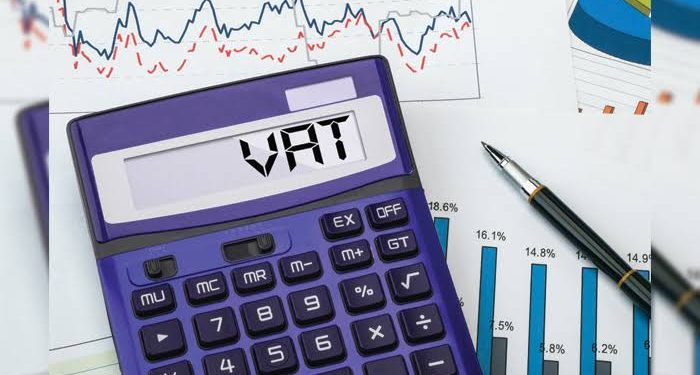By John Ikani
Nigeria recorded its highest ever Value Added Tax (VAT) revenue of N2.07 trillion in 2021.
This is contained in the 2021 VAT report, released by the National Bureau of Statistics (NBS).
According to the report, Nigeria’s VAT revenue jumped by 35.4% in 2021 to N2.07 trillion from N1.53 trillion recorded in the previous year. It also represents a 75% increase compared to N1.18 trillion collected as VAT in 2019.
Notably, since the implementation of the increment in VAT rate from 5% to 7.5% in February 2020, Nigeria’s VAT revenue has recorded a significant surge, further improving the federal government’s non-oil revenue.
Breakdown of the most contributing sectors to VAT by Nigeria’s leading Financial Literacy Website Nairametrics revealed that the manufacturing sector remitted the highest VAT of N194.1 billion between July and December 2021, accounting for 30.9% of the total non-import VAT collected by the federal government in the period.
Second on the list is the information and communication sector with N121.6 billion (19.3%), followed by the mining and quarrying sector with N61.47 billion (9.8%).
Public administration, defence, and compulsory social security sector remitted a sum of N55.82 billion as value-added tax in H2 2021, accounting for 8.9%, while the financial and insurance sector accounted for 8.1% of the total local non-import tax with N50.9 billion remittance.
Why this matters
The Nigerian government revenue bucket is basically divided into two broad categories, oil and non-oil revenue. Nigeria’s oil revenue has been underperforming in recent years, which informed the need to improve the non-oil revenue, as the government do not have much control on the income from the sales of crude oil.
The value-added tax is a very important source of non-oil revenue for the government, accounting for over 40% of the country’s net non-oil receipts, which is why some state governments are contending with the federal government to collect their own value-added taxes.
Meanwhile, the minister of finance, Zainab Ahmed has stated that Nigeria will prioritise tax collection from its digital economy in 2022 and focus on non-resident firms with significant economic presence and generate turnover in the country.



































